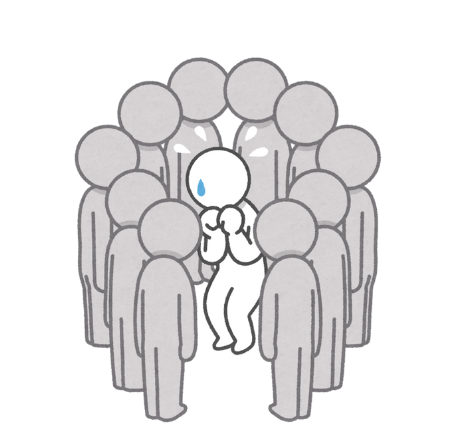Are video games good for your mental health? How does playing them affect us?
Advancements in technology, including gaming consoles and video games, bring both positive and negative consequences, but one of the negative consequences is diminished mental health.
Most parents nowadays understand that video games are affecting children around the world, but many parents fail to consider the cumulative effect of playing game after game after game–doing so can be an anchor that weighs heavily on a child’s mental health. One consideration is that gaming can be a time-suck that leaves no room for physical activity outdoors. Further, unpleasant traits or thoughts don’t just come from the games themselves, but from other gamers the child may interact with.
Frequent play of games involving murder and death (killing games) can engender aggression. According to BrainFacts.org, “Violent video games are in the area of concern to some experts in the gaming field and/or industry. In a study of 45 teens, playing a violent game for only 30 minutes lowered activity in the prefrontal sections of the brain. Just 10-20 minutes of violent gaming can increase activity in the brain regions associated with arousal, anxiety, and emotional reaction, while simultaneously reducing activity in the frontal lobes associated with emotion regulation and executive control.”
The human brain functions constantly to make sure we remain alive and healthy. It runs on the fuel we feed it, and when we feed it nothing but lazy negativity such as anger, pain, sadness, hate, and jealousy, we set it up to fail.













